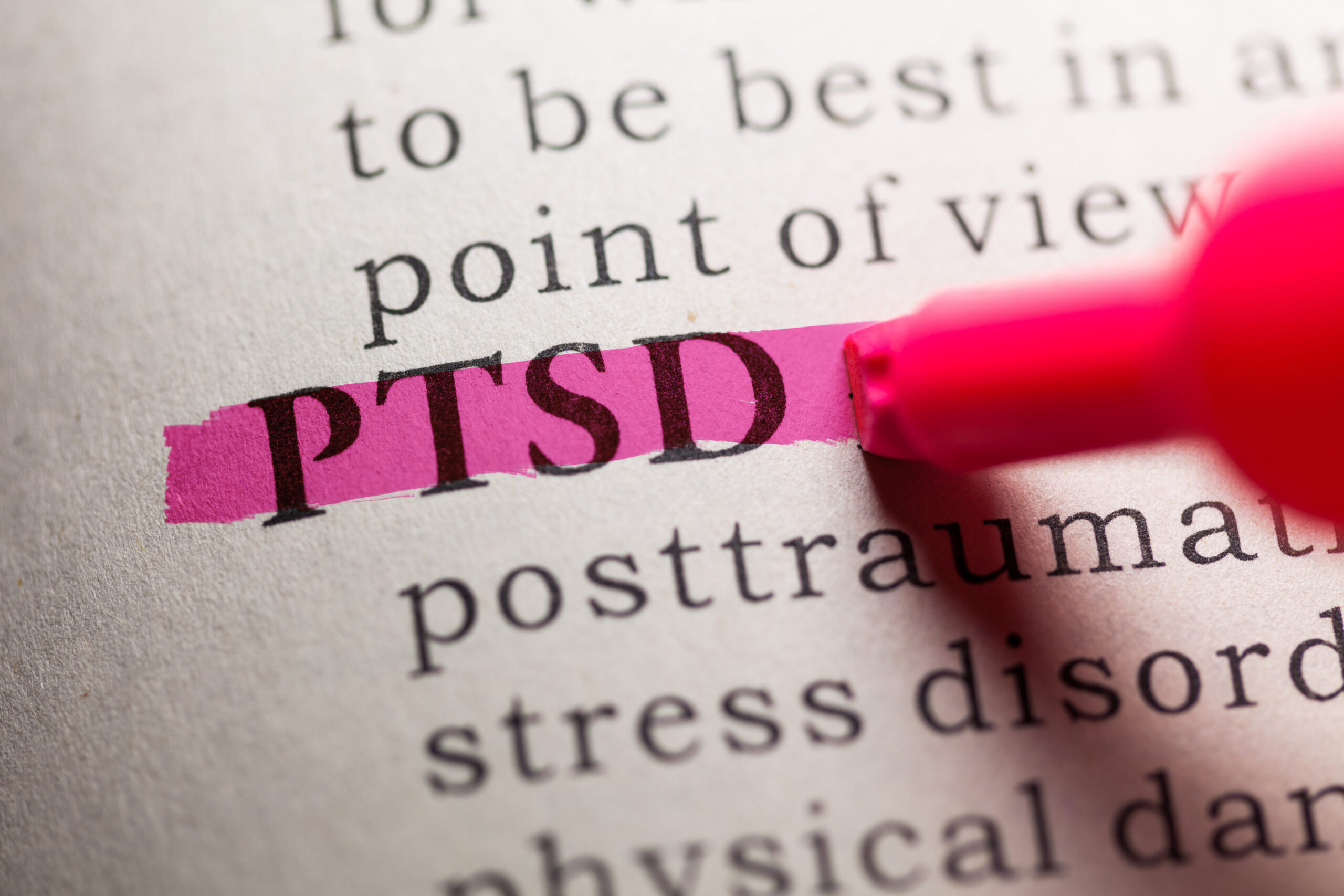Exposure to a traumatic event such as a motor vehicle accident can cause ongoing psychological distress in victims, preventing them from managing their day-to-day tasks and enjoying life. Post-traumatic stress disorder (PTSD) is a psychiatric illness brought on by a traumatic experience, leading to severe and emotionally disabling symptoms. Although car accidents are among the leading causes of PTSD in the United States, severe injuries or accidents of any kind can cause PTSD.
If you suspect that you or a family member has PTSD from an accident or from witnessing an accident or other traumatic event, it’s important to know the signs so that you can seek treatment as soon as possible. Early intervention has been shown to provide better outcomes over time for patients diagnosed with PTSD.
What is PTSD?
According to the American Psychiatric Association, PTSD is an anxiety disorder that follows a traumatic experience involving death, the threat of death, serious injury, or a threat to the physical well-being of a loved one. Examples of triggering events include natural disasters, terrorist attacks, war or combat, sexual assault, domestic violence, child abuse, repeated exposure to trauma, or a serious accident.
Even if the traumatic event didn’t happen to you, you may be impacted if you witnessed the trauma or if someone you loved was involved. PTSD affects the mental, physical, emotional, and spiritual health of patients.
PTSD is often associated with combat veterans, but it can happen to anyone:
- An estimated 3.5% of adults in the U.S. are currently suffering from PTSD.
- The rate of diagnosis for adolescents between 13 and 18 is 8%.
- One in 11 Americans will be diagnosed with PTSD at some point during their lifetime.
- Women are twice as likely as men to suffer from PTSD.
What are the symptoms of PTSD?
People diagnosed with PTSD have intense and often disturbing thoughts related to a single event or a series of experiences long after the period of danger has passed. They may relive the trauma over and over again in their mind and experience the same feelings of fear and helplessness as they did in the moment of trauma. Symptoms of PTSD include:
- Intrusive thoughts of the traumatic event
- Flashbacks
- Recurring nightmares
- Feelings of anger, sadness, and fear
- Showing signs of detachment from others
- Avoiding places, situations, or people that are reminders of the trauma
- Anxiety
- Problems with memory
- Loss of interest and enjoyment in activities previously enjoyed
- Inability to experience positive emotions
- Irritability
- Angry outbursts
- Reckless or self-destructive behavior
- Easily startled by sounds and touch
- Trouble concentrating
- Insomnia
How do severe injuries or accidents cause PTSD?
Many people naturally experience short-term anxiety and distress in the weeks following a traumatic event. Acute stress disorder (ASD) is common in the first month after a triggering experience, and the symptoms of ASD mirror those of PTSD. If symptoms last longer than a month and cause you significant distress or prevent you from living your daily life, you may be diagnosed with PTSD. Approximately 50% of patients given an ASD diagnosis go on to develop PTSD.
For most individuals, PTSD symptoms appear within three months of a traumatic experience, but symptoms can be delayed. The effects of PTSD may linger for months or years and often require medical treatment to recover. The sooner you’re diagnosed and treated for your PTSD the better. Left untreated, PTSD can lead to depression, substance abuse disorders, and reactive attachment disorder.
Can PTSD be related to a motor vehicle accident?
A study by the National Institutes of Health found that people involved in motor vehicle accidents are at increased risk for developing PTSD:
- Thirty days after a car accident, approximately 25 to 33% of survivors showed signs of PTSD.
- Rates of PTSD were higher in patients with chronic pain due to injuries from their accident. Fifty percent of those patients reported symptoms of PTSD.
- 2.5 to 7 million cases of PTSD may be related to motor vehicle accidents in the United States.
Treatment for PTSD
There are psychotherapeutic and pharmaceutical options effective in treating PTSD. Your doctor or therapist may recommend combining both types of therapy to help you manage symptoms, especially early in your treatment.
Cognitive Behavioral Therapy (CBT)
CBT attempts to help patients reframe how they process the trauma they experienced. Cognitive processing therapy is a type of CBT used to treat patients with PTSD. It focuses on changing negative emotions and beliefs developed due to the traumatic experience. For example, “It’s unsafe to be on the road again because I might be in another wreck” to “I can take precautions to keep myself safe while I travel on the road.”
Exposure Therapy
Patients undergoing exposure therapy gradually view or experience images and simulations that trigger their PTSD symptoms in a safe environment. The therapist increases the exposure over time to help the patient learn skills for coping with their fear and discomfort.
Eye Movement Desensitization & Reprocessing (EMDR)
This type of therapy rewires a patient’s memory so they can experience the traumatic event differently. The patient watches a moving object or light, causing the eye to move in a way that mimics REM sleep. The therapist guides the patient through questions regarding the traumatic memory. Over time, EMDR therapy leads to changes in thoughts and feelings, helping the patient experience memories of the event less negatively.
Group Therapy
Support groups bring together survivors of a similar traumatic event. Through their shared experiences, members support one another in their recovery from PTSD. A facilitator or therapist typically guides group therapy sessions.
Medication
Your doctor may recommend drugs used to treat depression, anxiety, or insomnia. Medication can help control your symptoms and is used alone or in conjunction with psychotherapy.
Can I recover damages for PTSD caused by an injury or accident?
Ongoing therapy to treat PTSD is costly, and your insurance company may not reimburse you for all expenses. Depending on the severity of symptoms, you might miss work while you recover or attend necessary appointments. If your PTSD is related to a serious injury or accident caused by another person’s negligence, you may be eligible for compensation to cover medical expenses and lost wages.
Consider consulting a lawyer if you’ve been involved in any type of serious accident, including a truck accident, train derailment, or aviation accident to learn about options. The personal injury attorneys at Morris & Dewett specialize in helping survivors of accidents and injuries obtain financial security to focus on healing.
SOURCES:
American Psychiatric Association
https://www.psychiatry.org/patients-families/ptsd/what-is-ptsd
National Institutes of Health
https://www.ncbi.nlm.nih.gov/pmc/articles/PMC2396820/
U.S. Department of Veterans Affairs
https://www.ptsd.va.gov/understand/related/acute_stress.asp
Cleveland Clinic
https://my.clevelandclinic.org/health/diseases/17904-reactive-attachment-disorder









